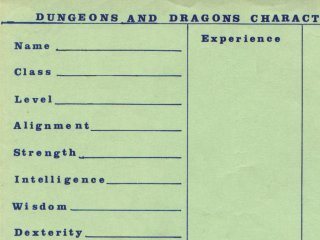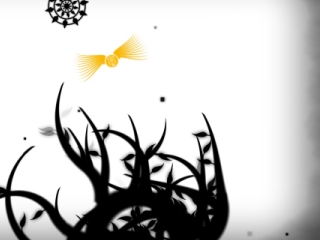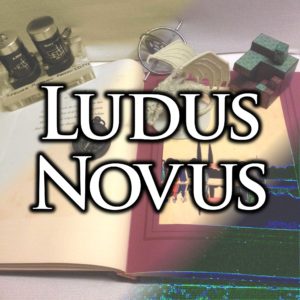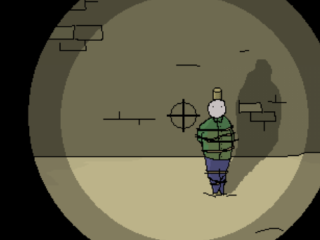
I haven’t addressed roleplaying games directly on Ludus Novus much. At first glance, they don’t fit in with video games all that well, and several times I’ve used them as a contrast to video games. However, there’s a distinction that I can make that I think makes them seem less distant.
When people say “roleplaying game,” they are usually referring to a rules system, often combined with a setting. To be clear, I’m referring to “tabletop” or “LARP” roleplaying games here. Dungeons and Dragons. Cthulhu Live. Traveller. Each of these seems so much broader than, say, Half-Life 2. While HL2 only offers one storyline, D&D is limited only by the Game Master and players’ imaginations. However, I think that a better analogue for a video game would be a roleplaying campaign.
I’ve run my short “one-shot” campaign, “The Dead of Apartment 4C,” three times. Each time, a different set of players has run through roughly the same plotline, just like each person who plays Half-Life 2 experiences the same potential narrative. The campaign uses the Fudge system for its rules, and I as Game Master have been the referee. For Half-Life 2, the Source engine is its rule system, and the player’s computer or console is the referee. Roleplaying games and video games look a lot more similar when we match a video game title to a roleplaying campaign rather than a system.
After the break, I’ll do a quick runthrough of some of the RPG theory I’ve picked up.


